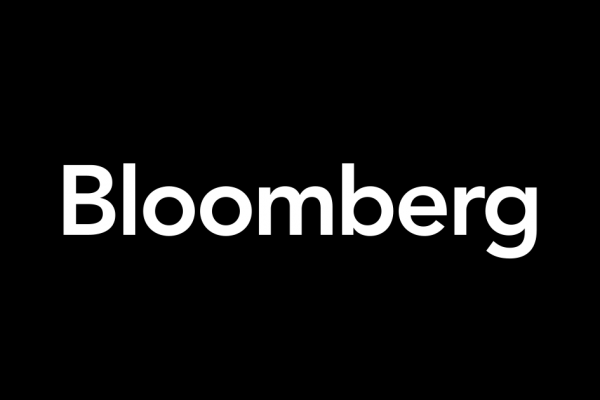In the News: How might the Consumer Financial Protection Bureau change under Trump’s presidency? (NPR)
“Trump ran as a populist,” [said Christine Chen Zinner, senior policy counsel at Americans for Financial Reform.] “So the Trump administration really has a decision to make about whether any of the populist rhetoric that came out of their campaign is meaningful or just a cover to let Wall Street take control of CFPB.”










